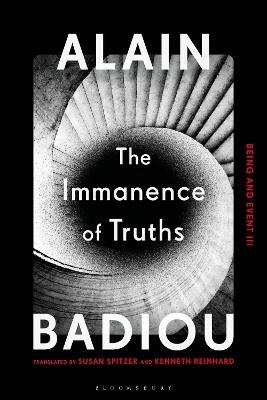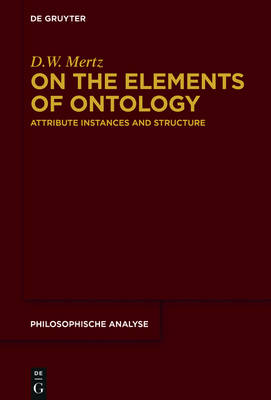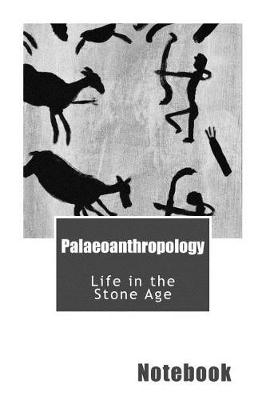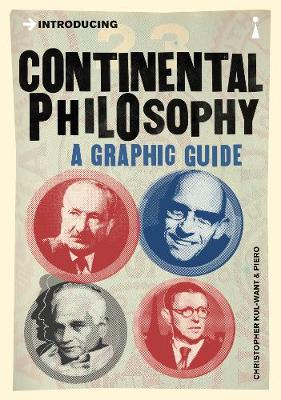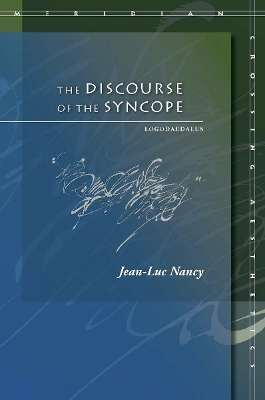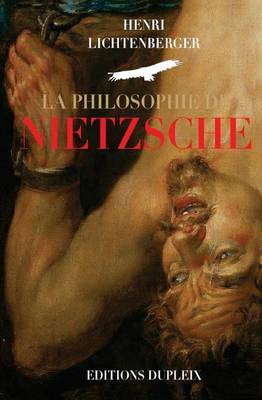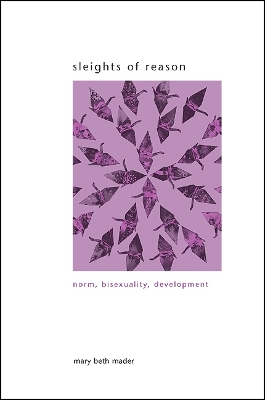Critical Approaches to International Relations (Studies in Critical Social Sciences, #205)
Critical Approaches to International Relations: Philosophical Foundations and Current Debates explores the achievements of a wide variety of critical approaches in International Relations theory, discusses the barrage of criticism and theoretical openings they levied against the IR orthodoxy and suggests future potential of critical IR scholarship to improve not only our explanatory possibilities, but also our ethical and practical horizons. In line with this broad objective, the book examin...
On Speaking Strongly in Srila Prabhupada's Service
by Bhakti Vikasa Swami
The Philosophy of Julia Kristeva is the latest addition to the highly acclaimed series, The Library of Living Philosophers. The book epitomizes the objectives of this acclaimed series; it contains critical interpretation of one of the greatest philosophers of our time, and pursues more creative regional and world dialogue on philosophical questions. The format provides a detailed interaction between those who interpret and critique Kristeva's work and the seminal thinker herself, giving broad co...
In the field of contemporary literary studies, Roland Barthes (1915-1980) remains an influential figure. Yet the tendency in America to over-simplify his works as "structuralist" has prevented a thorough understanding of Barthes's unfolding as a critic and author. Patrizia Lombardo rejects an absolutist or developmental assessment of his career. Insisting that his works can best be understood in terms of the paradoxes he perceived in the very activity of writing, Lombardo similarly sees in Barth...
On the Elements of Ontology (Philosophische Analyse / Philosophical Analysis)
by D. W. Mertz
Elements argues for an ontology derived of ten theses detailing the natures and fundamental ontic status of attribution and structure. Attribution assayed as intension-conditioned unifying-agency yields a one-category ontology of individuated attribute instances, with instances' unifying acts and universal intensions, and their internal and externally effected modes of composition, accounting for all unity and entities as hierarchical structures.
Introducing Continental Philosophy (Introducing...)
by Christopher Kul-Want
What makes philosophy on the continent of Europe so different and exciting? And why does it have such a reputation for being 'difficult'? Continental philosophy was initiated amid the revolutionary ferment of the 18th century, philosophers such as Kant and Hegel confronting the extremism of the time with theories that challenged the very formation of individual and social consciousness. Covering the great philosophers of the modern and postmodern eras - from Nietzsche, Heidegger, Derrida and D...
The Discourse of the Syncope (Meridian: Crossing Aesthetics)
by Jean-Luc Nancy
Why is it that the modern conception of literature begins with one of the worst writers of the philosophical tradition? Such is the paradoxical question that lies at the heart of Jean-Luc Nancy's highly original and now-classic study of the role of language in the critical philosophy of Kant. While Kant did not turn his attention very often to the philosophy of language, Nancy demonstrates to what extent he was anything but oblivious to it. He shows, in fact, that the question of philosophical s...
A Philosophy for Communism (Historical Materialism Book, #211)
by Panagiotis Sotiris
In A Philosophy for Communism: Rethinking Althusser Panagiotis Sotiris attempts a reading of the work of the French philosopher centered upon his deeply political conception of philosophy. Althusser's endeavour is presented as a quest for a new practice of philosophy that would enable a new practice of politics for communism, in opposition to idealism and teleology. The central point is that in his trajectory from the crucial interventions of the 1960s to the texts on aleatory materialism, Althu...
La Philosophie de Nietzsche (Humanities Collections, #42)
by Henri Lichtenberger
Sleights of Reason (SUNY series in Gender Theory)
by Mary Beth Mader





